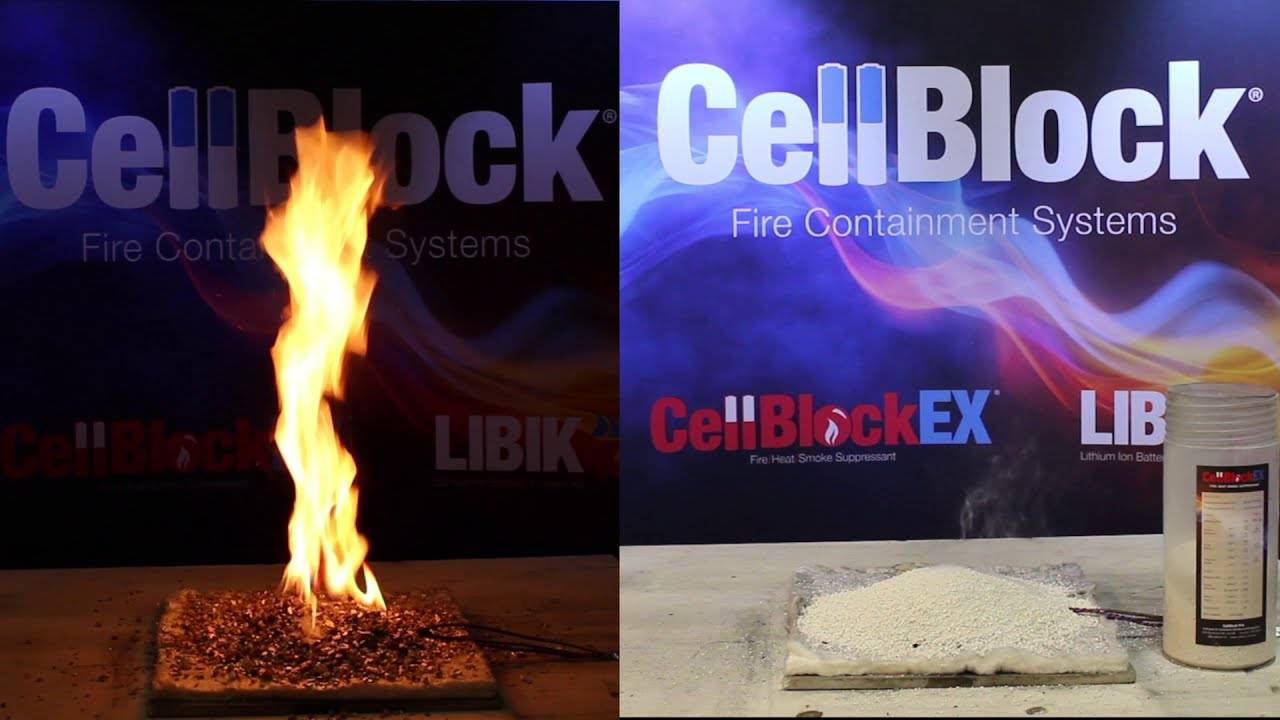Lithium-ion is a type of rechargeable battery that is commonly found onboard in small devices, like Laptops, handheld radios, phones, torches, and vape pens. It is occasionally used in ameature electric boat conversion but this is not commonly advised due to its unstable nature.
Lithium Ion- should not be confused with Lithium Phosphate otherwise known as LIFEp04.
The obvious appeal for using ION is this: EV motors can be removed from scrap vehicles along with the controller and battery system and its incredibly cheap when compared to a custom electric boat conversion kit. However we really don't advise going down this avenue- the risk simpy higher than the reward!
As a result- Ion is fast becoming a redundant battery technology because of the risks associated with thermal runways.
Unfortunately, some marine insurers have been known to reject policies that would cover boats powered by lifeP04. This is not because lifep04 is a dangerous battery type, it's simply down to insurers not keeping up with technology advances.
Table of Contents
What Does This All Mean?
In short, if you mention fire fighting on a public boating group, you'll be hounded and heckled unless you provide an obvious caveat explaining that you're specifically talking about ION.
Should I still have Fire Fighting Measures On Board?
Yes- Whatever the battery type, having the ability to fight a battery fire onboard regardless of the probability is still a good idea. Infact- we cladded our custom 48v 16s battery build with Dibond which offers fire resitance. Why ? Because it's cheap, looks good and offers a a greater chance of dealing with a fire onboard.
We at BRP came across a very good comment on this subject that we'd like to share:
"In the event of a fire - LiPO4 batteries can produce a lot of toxic white smoke.
If you have an incident or manufacturing fault that results in even a tiny crack or hole then this can occur. Very few Li battery bay installations take that seriously. The smoke and heat issue is a big issue.The cracks can be caused by serious overcharging or a dead short resulting in the cells expanding, and in the case of an El cheapo battery or ignorant ill-educated DIY battery builder, that can cause a crack.
The risk is less with a pre-made marine battery with built-in BMS etc as generally they've been well designed and tested.
Yes it is possible for an LiPO4 battery to catch fire, BUT, it requires air to be sucked into the case. The resulting fire are no where near as bad as a car battery cook off. If Volvo or Mercedes do manage to develop 12v batteries with an effective built in fire retardant layer around the cells, then the marine LiPO4 batteries will probably be displaced with new Li batteries. The outlook for the use of any type of Lithium-based batteries is not great, as there are some very good carbon-based rechargeable batteries under development. The issue is not how it can be done, but the serious manufacturing costs involved." - Trevor Hunt - Electric Sailboats Forum
That Considered
Let's look at two simple methods of fighting fire lithium onboard regardless of the rest of it's chemical makeup.

